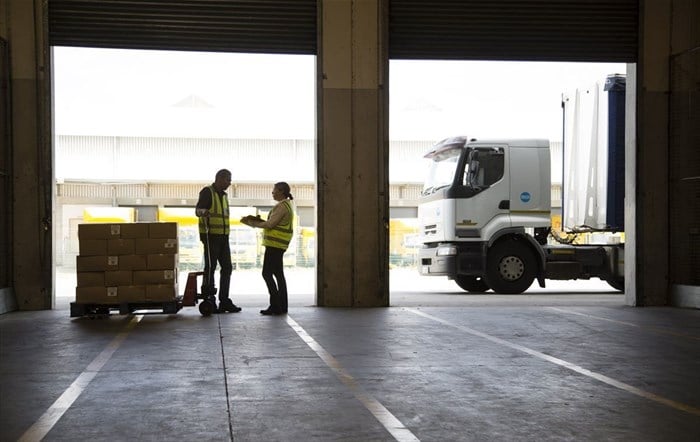Supply chain conference examines African economic development, growth post-Covid

The theme for this year's event was Borderless – Unleashing Africa’s Potential.
The conference, which is one of the largest Africa-focused online learning, knowledge sharing and networking event for the supply chain and procurement profession, was launched during the Covid-19 crisis by leading industry organisations Smart Procurement and Sapics (The Professional Body for Supply Chain Management). It has gone from strength to strength, and this year featured 63 exceptional African and international speakers who shared their expertise and insights with 2,780 registered delegates.
Freedom of movement
The event opened with a keynote presentation by Saeed Ande, procurement director at Lafarge Africa Plc. He shared his vision of a borderless Africa, which would be a continent with a free movement of capital, goods, services, and people. "Such freedom of movement would not be limited to economically wealthy countries alone but would be evenly distributed across Africa," he stated.
Ande said that measures that will help companies adapt to the constant shift in supply chain since the advent of the pandemic include digitalisation, local sourcing, supplier relationship management, inventory decentralisation and sustainable procurement. Upskilling and knowledge transfer and the diversification of the business’s supplier base were also critical for organisations striving to adapt and remain agile, to survive and thrive in an unpredictable business environment, he stressed.
Procurement’s Big Reset – Innovation and Localisation in Supply Chain was the title of the compelling keynote by Nigeria-based Azuka Okeke, chief executive officer (CEO) of Africa Resource Center for Excellence in Supply Chain Management (ARC_ESM). "In Africa, for procurement to better contribute to business effectiveness, it needs to innovate," she asserted.
Okeke contended that smart regulations, localisation and e-procurement could help Africa leapfrog procurement practices. "Digitisation has made it easier than ever before for procurement professionals to navigate the congested business-to-business (B2B) marketplace with a greater sense of trust. Businesses in Africa will benefit from consumer-like experiences in procurement.
"Over the last few years, many initiatives across the globe have successfully consumerised B2B e-commerce and e-procurement," she explained.
Okeke cited Dooka as Africa’s first enterprise marketplace and said that platforms like this have the potential to transform indirect procurement in Africa. "They enable access to a broad pool of potential vendors operating under a wide range of business models and their value to buyers extends to customisation, dynamic pricing, and indirect-spend management, and control important factors even for sophisticated procurement functions. They free procurement teams from time-consuming, often repetitive, transactional work that fails to take full advantage of their more advanced capabilities."
Intra-African trade
The second day of the conference kicked off with an absorbing keynote presentation by Michael Sudarkasa, CEO of Africa Business Group, South Africa. He addressed the issue that Africans produce what they do not eat, and eat what they do not produce, and outlined how intra-African trade can be a catalyst for accelerated African economic growth and development.
The solutions he offered to delegates included the formalisation of enterprises, value addition, industrialisation, the diversification of markets and tax revenues, and infrastructure investment. “We need to focus on formalising small and medium-sized enterprises, on adding value to raw materials found in African countries, and on utilising technology and modern practices and the intensification of labour," Sudarkasa said.
"We need to explore other markets, off the continent as well as on the continent. We need policies to support the growth of different industries to help diversify tax revenues. Government needs to be able to support enabling investment in services and infrastructure," he stressed.
This year’s event partners were Absa, Dooka, Tradeshift, Global Trade Solutions (GTS), the Chartered Institute of Logistics & Transport (CILT), Cameroon Association of Supply Chain, Logistics and Procurement Experts (CASLOPE), Kenya Institute of Supplies Management (KISM) and Fédération Africaine des Associations de Logisticiens (FAAL).